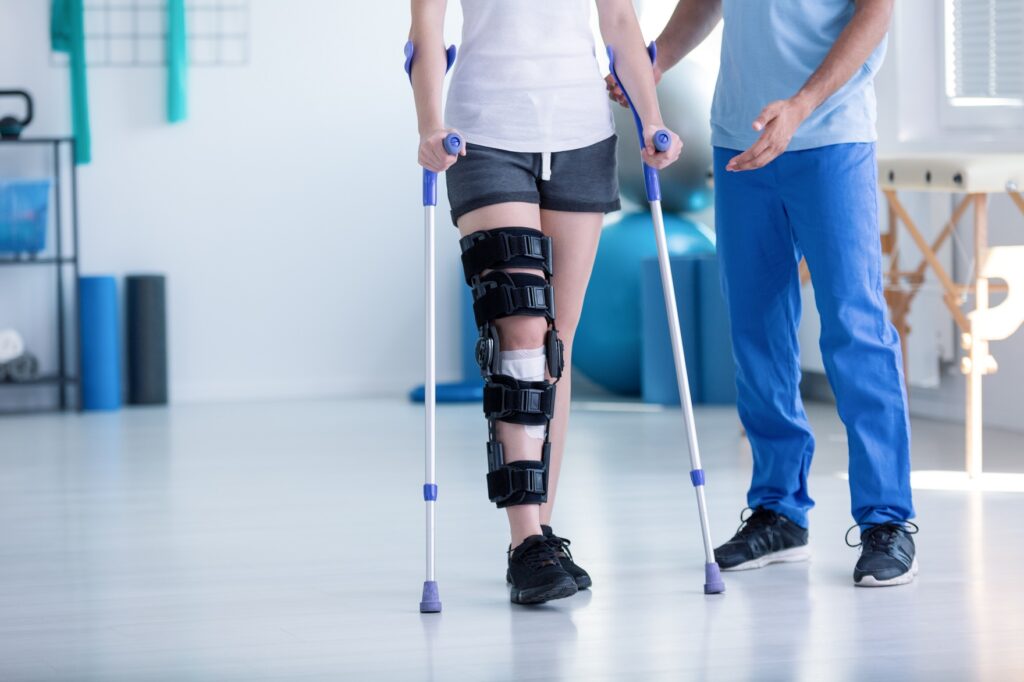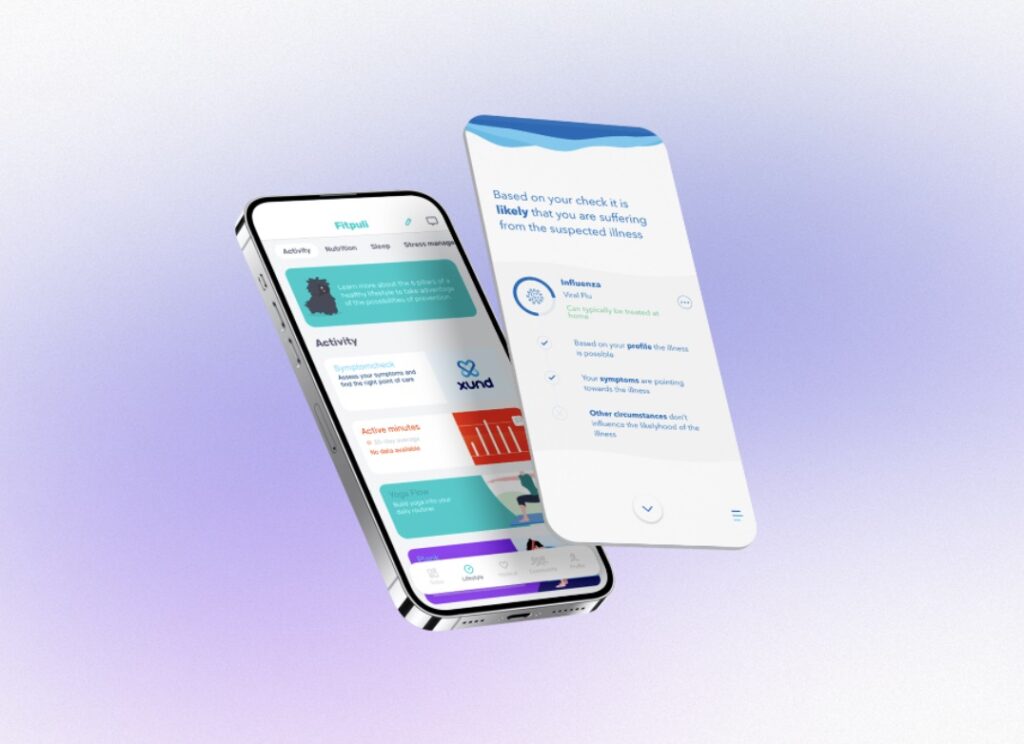Post-Surgery Recovery: Common Mistakes and Tips
After surgery, recovery can be fast and easy but also overwhelming and lengthy. Don’t make typical mistakes; listen to the healthcare professionals to recover fastly. A healing process has many rules that you have to follow to prevent pneumonia or deep vein thrombosis. In this article, we will give you some tips on your recovery and tell you what not to do after your surgery.
Why is post-surgical care necessary?
If you don’t wait but pressure yourself back to your pre-surgery, side effects can appear and your healing process will lengthen. Surgical care is essential for your body, even if you don’t feel like that after one day of your surgery. You might feel you can do everything, but it’s a big mistake.
Mistakes that slow down the operation recovery
- Ignoring the doctor’s instructions
A common saying from the doctors is “avoid heavy lifting.” You might not understand why is that important after a leg surgery or a simple medical intervention, but to keep your recovery on track you have to follow the instructions: no matter if it doesn’t make any sense for you. You can find a whole list of heavy objects here.
Ignoring the doctor’s words can lead to serious setbacks. Heavy lifting is a physical stress that raises blood pressure, and because of that, a wound can open and start bleeding again.
Don’t do too much, too fast.
- Unhealthy eating and dehydration
Your appetite will slowly come back after surgery, but you shouldn’t start with a Big Mac after your operation. Avoid heavy and unhealthy foods, be on a healthy diet.
It’s also important to drink water several times a day and avoid being dehydrated. Food and water will give you the needed energy and nutrients and help recover your body.
- Staying in bed
It’s not good if you start moving too much, but staying in bed all day long is also a bad idea. Lying in bed can cause emergent blood clots or thrombosis, and it can also trigger such problems as decubitus, pressure ulcers, or pulmonary embolism.
Fatigue after surgery is normal, but you need some physical activity, walking, or careful stretching to prevent your muscles from weakening.
- Skipping the follow-up appointments or rehabs
Many people feel like they don’t need healing, physiotherapy, or further treatment. Skipping medical examinations. And not just that: doctors often recommend home physiotherapy exercises that are easy to do and have a key factor in your recovery, and mostly it takes only 10 minutes a day.
Don’t skip the healing period.
- Not taking your medications properly
You can either take too much or too little medication. Neither is good. Taking large doses of medicine can be unhealthy and cause addiction. If you use a higher dose of medication, you won’t feel any pain, but the pain is a good indication to know your limits. On the other hand, if you skip taking your meds, you can suffer from pain, insomnia, and lack of appetite. Because of the pain, you will be more likely to skip your daily walk or exercise.
Once again: follow your doctor’s instructions and take your medication as prescribed.
- Skipping the breathing exercises
Breathe. Cough. Breathe. Many surgeries weaken your lungs and thus you have to recover from anesthesia. You continuously have to expand your lungs. Coughing also helps with that and to prevent pneumonia or other breathing difficulties.
- Getting back to work too soon
It’s slightly connected to our first point: don’t break the rules. If your doctor says you should stay home for 2 weeks at least, then stay home for 2 weeks. Don’t start driving around the neighborhood and go to the groceries. Don’t go to work the second day after surgery. Your employer won’t be happy if you go back and then after 3 days at work your condition starts to worsen again so you have to skip another 3 weeks.
Interrupting your body from healing and then restarting your surgery recovery is a wrong decision.

Possible complications
If you don’t follow the instructions, the following complications can arise. If you experience any of the following symptoms, you should report it to your general practitioner or surgeon.
- Diarrhea, vomiting
- Limb pain
- Wound infection: smelly, red, swollen wound with pus
- Dizziness
- Fever
- Difficult breathing
- No appetite for days
- Emerging pain
Tips for recovering from surgery
With certain breathing techniques and moving exercises you can fasten up your healing process but you should always consult with your physician before. If you need longer bed rest after surgery change positions several times a day to stimulate your blood circulation and relieve pressure areas.
Exercise with your legs: draw circles with your toes or do some “bicycle” moves.
Home care
There are a couple of things you (or someone) should check on yourself every day.
- Monitor your vital signs (pulse, blood pressure, breathing)
- Check your wound if it’s infected
- See if you have a fever, report if it’s over 100.4 F
Summary: recuperating from surgery
We had some tips for you on avoiding surgery complications and sped up your healing process.
- Follow your doctor’s instructions
- Be on a healthy diet
- Drink enough water
- Have small movements
- Go to your follow up appointments
- Take your medicines as prescribed
- Breathe and cough
Call your doctor or the emergency if you have a high fever, unexplained and worsening pain or you feel dizzy and losing consciousness.
Based entirely on scientific evidence, our digital employee wellness programme has been created for companies looking to win big.
Puli Start
Fitpuli
Improve employee health awareness and productivity, cut illness-related costs
- Fitpuli application
- Team challenges
- Professional attitude test
Puli Plus
Fitpuli + Occupational health
(Currently only available in Hungary)
Combine our digital wellness programme with occupational health services for efficient prevention and increased savings
- Fitpuli application
- Professional attitude test
- Occupational health services
Puli Care
Fitpuli + Insurance
(Currently only available in Hungary)
Improve employee health awareness and cut illness-related costs by offering company health insurance plans and first-class healthcare to your employees.
- Fitpuli application
- Professional attitude test
- Health insurance
Puli Pro
Fitpuli + Occupational health + Insurance
(Currently only available in Hungary)
Choose our most complex and comprehensive health improvement, protection and services solution: combine the digital wellness programme with occupational health services and advanced health insurance plans
- Fitpuli application
- Professional attitude test
- Team challenges
- Occupational health services
- Health insurance
| Module | Puli Start | Puli Plus | Puli Care | Puli Pro |
| Medical |  |
 |
 |
 |
| Lifestyle |  |
 |
 |
 |
| Individual challenges |  |
 |
 |
 |
| Team challenges |  |
 |
 |
 |
| Professional attitude test |  |
 |
 |
 |
| Occupational health services |  |
 |
 |
 |
| Health insurance and medical care |  |
 |
 |
 |
| Medical care |  |
 |
 |
 |
| Appointments |  |
 |
 |
 |
What's included?
| Module | Puli Start | Puli Plus | Puli Care | Puli Pro |
| Medical |  |
 |
 |
 |
| Lifestyle |  |
 |
 |
 |
| Individual challenges |  |
 |
 |
 |
| Team challenges |  |
 |
 |
 |
| Professional attitude test |  |
 |
 |
 |
| Occupational health services |  |
 |
 |
 |
| Health insurance and medical care |  |
 |
 |
 |
| Medical care |  |
 |
 |
 |
| Appointments |  |
 |
 |
 |
Stay in the know
Sign up for our newsletter and never miss another update on digital health care, employee wellness programmes and all things health! Powered by Fitpuli’s health experts.

 Back to the list
Back to the list


